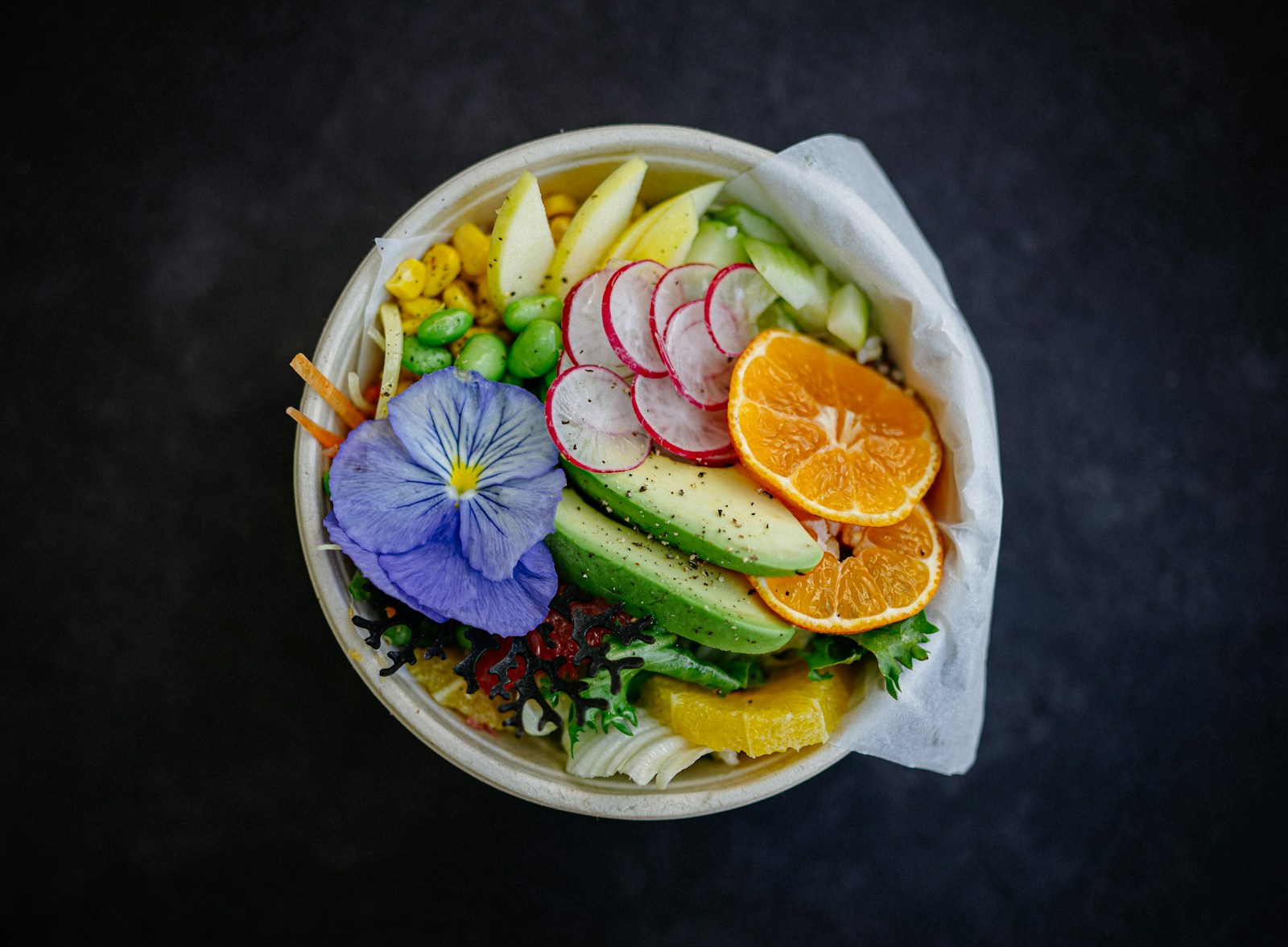Understanding Veganism
Veganism is more than just a dietary choice; it is a lifestyle that aims to minimize harm to animals, promote environmental sustainability, and enhance personal health. The term “veganism” was coined in 1944 by Donald Watson, defining it as “a philosophy and way of living which seeks to exclude—as far as is possible and practicable—all forms of exploitation of, and cruelty to, animals.” In today’s world, this philosophy extends to food, clothing, cosmetics, and even lifestyle habits.
The global rise of veganism is driven by various factors, including growing awareness of animal rights, the health benefits of plant-based diets, and the environmental impact of animal agriculture. With search terms like “benefits of vegan living” and “vegan diet for beginners” trending, understanding veganism has never been more relevant.
What Foods Do Vegans Avoid?
Vegans exclude all animal-derived products from their diets. This includes:
- Animal Flesh: Beef, pork, chicken, fish, and all other forms of meat.
- Dairy Products: Milk, cheese, yogurt, butter, and cream.
- Eggs: Including those found in processed foods.
- Honey: Often omitted due to ethical concerns about bee exploitation.
- Animal By-Products: Gelatin, whey, casein, and other ingredients derived from animals.
For readers searching “hidden animal products in food,” awareness of these ingredients is crucial.
What Do Vegans Eat?
A vegan diet is rich in diverse and flavorful plant-based foods. Popular choices include:
1. Fruits and Vegetables
- Fresh produce like kale, spinach, apples, and oranges provides essential vitamins and minerals.
- Search term: “best vegan superfoods.”
2. Legumes and Pulses
- Protein-rich options like lentils, chickpeas, and black beans form the cornerstone of many vegan meals.
- Search term: “high-protein vegan foods.”
3. Whole Grains
- Brown rice, quinoa, and oats are excellent sources of fiber and energy.
- Search term: “whole grains for plant-based diets.”
4. Nuts and Seeds
- Almonds, chia seeds, flaxseeds, and walnuts offer healthy fats and omega-3 fatty acids.
- Search term: “vegan sources of omega-3.”
5. Plant-Based Alternatives
- Vegan milk options like almond, soy, oat, and coconut milk.
- Meat substitutes such as tofu, tempeh, and jackfruit.
- Search term: “best vegan meat substitutes.”
Why Do People Choose Veganism?
1. Ethical Reasons
- Avoiding animal cruelty and exploitation.
- Search term: “ethical benefits of veganism.”
2. Environmental Impact
- Reducing greenhouse gas emissions and deforestation.
- Search term: “environmental benefits of plant-based diets.”
3. Health Benefits
- Lower risk of heart disease, diabetes, and obesity.
- Search term: “health advantages of vegan diets.”
Conclusion: Embracing a Compassionate Lifestyle
Veganism offers a compassionate, health-conscious, and environmentally sustainable way of living. By adopting a plant-based diet, individuals can contribute to animal welfare, reduce their environmental footprint, and enjoy a variety of nutritious and delicious foods. Whether you’re searching for “vegan recipes for beginners” or “how to transition to veganism,” the journey starts with small, mindful choices.
Relevant Links/Sources:
Veganism is a lifestyle promoting compassion, sustainability, and health by avoiding animal-derived products. This comprehensive guide explores what vegans eat, what they avoid, and why people choose veganism, offering insight into this growing movement.


